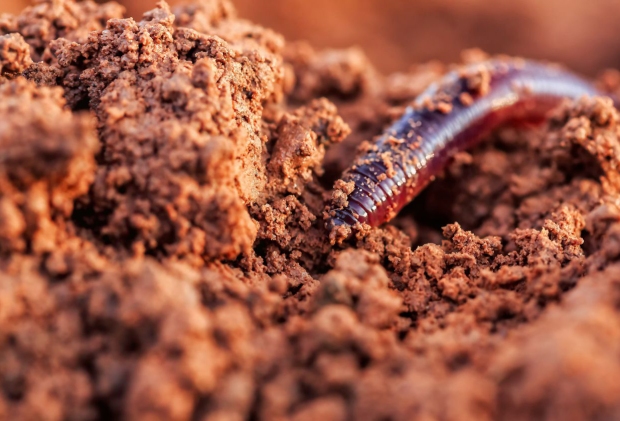
All About Earthworms: Is It Good For the Soil?
Did you know that if you find earthworms in your garden, that your soil is healthy? Earthworms help to aerate the soil and to add valuable nutrients in the form of worm castings. These castings provide your plants with some of the essential nutrients they need.
Most seasoned gardeners smile when they uncover an earthworm in their garden. It’s both an indication that their soil is healthy and contains organic matter and that their plants will thrive happily.
Earthworms are, indeed, good for the soil in a variety of ways. Their presence helps to unlock nutrients and aerate the soil. As a result, this helps to improve drainage and the soil structure itself.
Here are the benefits of having earthworms in your soil.
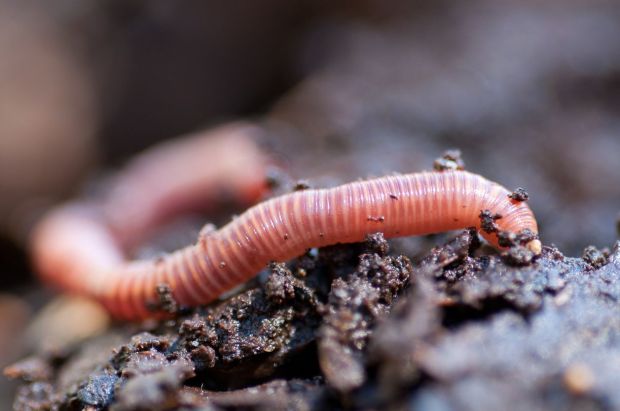
Earthworms Unlock Nutrients in the Soil
Earthworms are voracious consumers. In fact, they can consume half their body weight each and every day. Mostly, earthworms consume organic matter such as leaves, manure, grass and dead roots.
As they eat their way through the soil, they digest the organic material and release it back into the soil as castings. These castings are rich in nutrients including nitrogen, phosphorus, magnesium and calcium.
Sometimes, when these nutrients are already present in the soil, they may be locked up tightly and not easily available to the plant roots. However, worm castings are easily available for the roots of the plants growing in the soil to take up and use.
This means that plants growing in soil that contains earthworms will grow healthy and strong because they have plenty of nutrients to uptake from the soil.
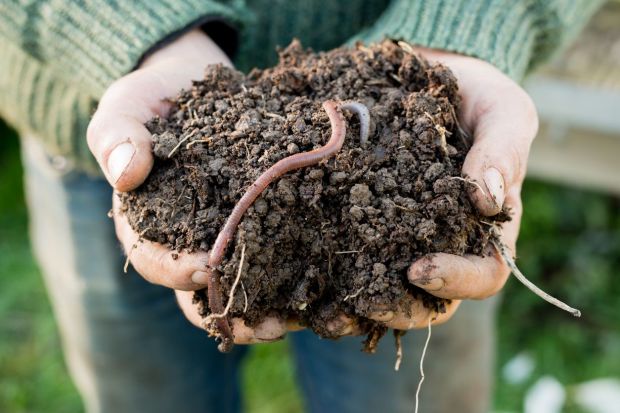
Earthworms Aerate the Soil
You may not be aware that plant roots require air as well as water and nutrients. Without sufficient air pockets in the soil, the roots would suffocate. In fact, you may have noticed that plants growing in dense clay soils do not thrive as well as plants that are growing in a more open soil.
This is where earthworms come to the rescue. They move through the soil by building tunnels and consuming organic matter as they go. These tunnels naturally create air pockets in the soil and are usually also filled with worm castings.
This benefits the plants by not only providing sufficient air for the roots but also additional nutrients. In addition, these tunnels also allow the water to move more freely through the soil to get to the plant roots.
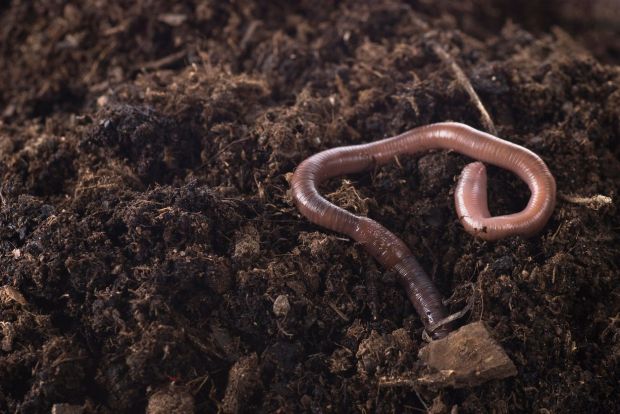
Earthworms Improve the Drainage in the Soil
Due to their tunneling in the soil, earthworms create extra spaces that the water can travel through. As a result, this increases the soil’s drainage and means that the water can better reach the roots of the plants rather than sitting on top of the soil.
This is especially beneficial for heavy clay soils that have the tendency to bind the water and restrict its movement. In fact, soils that contain a healthy colony of worms can have a water infiltration that is six times greater than soils without worms.
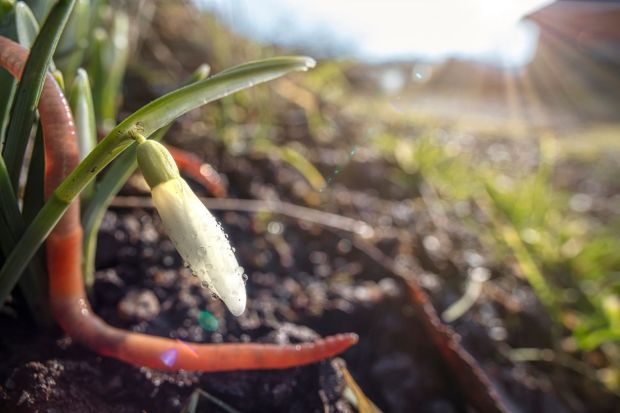
Earthworms Improve the Soil Structure
It has been shown scientifically that earthworms do increase the soil structure and also add more friable topsoil. There are certain species of worms that like to live near the surface of the soil.
As these worms feed and produce their castings, they naturally increase the soil level. Therefore, soils that contain many earthworms will have a deeper layer of nutrient-rich topsoil that helps plants to grow faster and healthier.
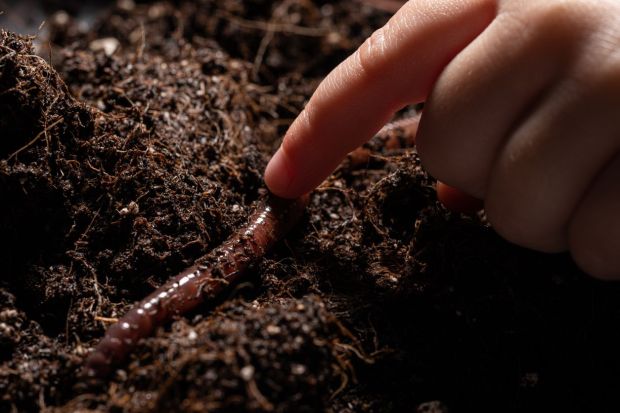
How to Encourage More Earthworms Into Your Garden
If you want to benefit from having more earthworms in your garden, there are a few things that you can do.
- Add a layer of organic matter. Adding compost to your topsoil will give the worms plenty of food to munch on. This, in turn, will increase the number of worms that inhabit your garden.
- Make sure the pH of the soil is close to neutral. Earthworms don’t like soils that are too acid or alkaline. Therefore, ensure you soil has a close-to-neutral pH. You can add lime to increase the pH level of the soil. This also increases the calcium levels in the soil which is beneficial to the worms.
- Use organic fertilizers. Many commercially produced fertilizers are highly acidic and this is not good for the worms. Instead, try using organic fertilizers such as animal manures. The worms will love it and reward you with a plentiful supply of castings.
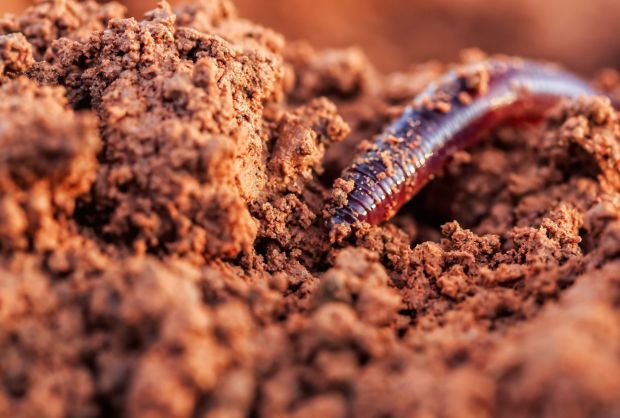
Final Thoughts
It’s no secret to seasoned gardeners that earthworms are beneficial to the soil. Therefore, when you see some worms as you’re digging, make sure that you don’t harm them. Just cover them back up and let them get on with their task of improving your soil.
Earthworms release valuable nutrients to your soil and they aerate it as they go. This gives your plants a lovely healthy environment to thrive and grow.